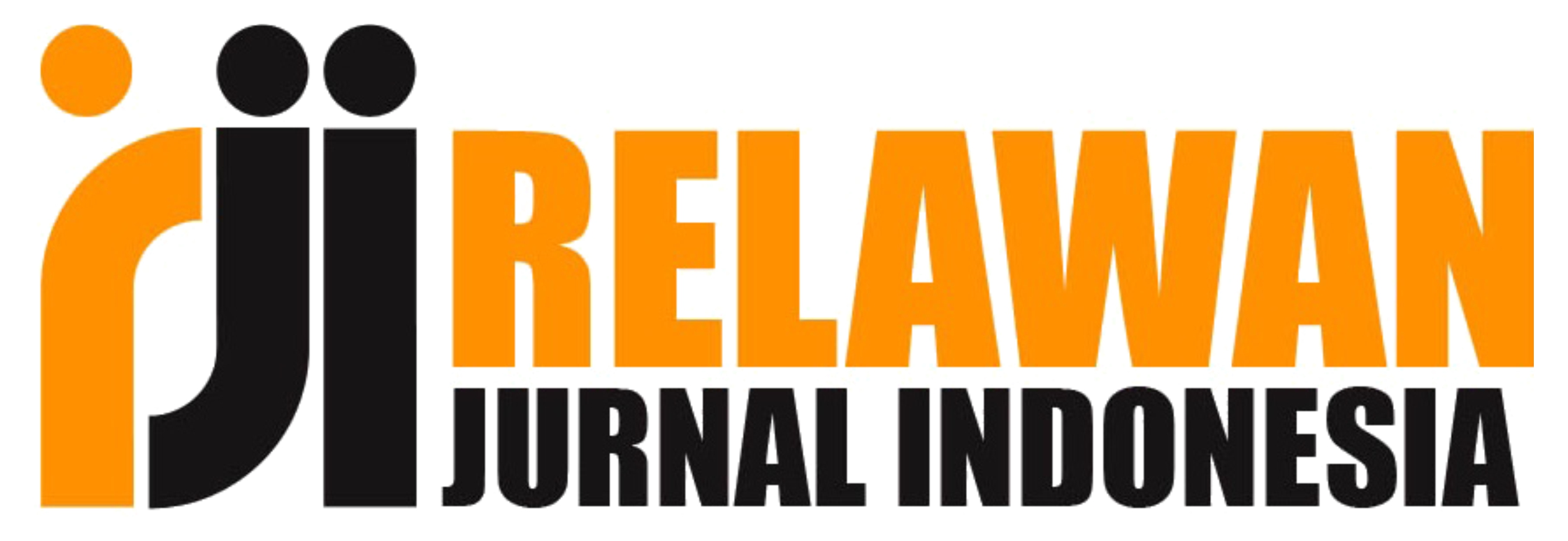Pengaruh kepemimpinan instruktif dan keadilan organisasi terhadap perilaku menyimpang karyawan melalui kepercayaan organisasi sebagai variabel intervening
DOI:
https://doi.org/10.61476/vebzjq88Keywords:
Instructive Leadership, Organizational Justice, Organizational Beliefs and Deviant BehaviorAbstract
This study aims to determine the influence of Instructive Leadership and Organizational Justice to the Organizational Belief of Gadjah Mada University, to know the influence of Instructive Leadership and Organizational Justice to the Deviant Behavior of Gadjah Mada University Employees, to know the influence of Organizational Beliefs on Employee Deviant Behavior of Gadjah Mada University, Instructive Leadership and Organizational Justice to the Deviant Behavior of Employees of Gajah Mada University through Organizational Trust. This research method with quantitative approach, that is descriptive test and inferential analysis by using path analysis tool. The data collection technique using questionnaires, where the respondents of the research are employees of the education staff of Gadjah Mada University, this research which will be the research sample is the staff of the educational staff that number is spread in 18 Faculties and one vocational school. The results are expected to be in line with the objectives of the study and meet the expectations of researchers, enterprises and stakeholders
References
Al-Abr Row, Hadi., Mohammad Shaker Ardakani., dan Alireza Harooni., (2013), The Relationship between Organizational Trust and Organizational Justice Components and Their Role in Job Involvement in Education”, International Journal of Management Academy. Vol 1. Hal 41-57
Aryee, Samuel., Pawan, S., Zhen, Xiong Chen., (2002) ”Trust As A Mediator Of The Relationship Between Organizational Justice And Work Outcomes : Test Of a Social Exchange Model”, Journal Of Organizational Behavior, Vol. 23, Hal. 267-285
Aslam, Rabia., and Sadaqat, Shama., (2011) Investigating the Relationship of Organizational Justice on Organizational Citizenship Behavior among Teacing Staff of University of the Punjab”, European Journal of Scientific Research, Vol 57(1), Hal 53-67
Bandura, (1997) Self-Efficacy: The exercise of Control, New York, W.H. Freeman and Company
Bass., (2003) ”Predicting Unit Performance by Assesing Transformational and Transactional Leadership”, Journal of Applied Psychology, Vol 88. Hal 207-218
Cole, M. S., Schaninger Jr, W. S., dan Harris, S. G., (2002) ”The Workplace Social Exchange Network:A Multilevel, Conceptual Examination”, Group & Organizational Management, Vol 21. Hal 10-21
Eskandari, Bita., Dehghani, Somayeh., Fard, Sayedeh M. H., Javdan, Fatemah., Abtin, Afsaneh., Tahmasebi, Zahra., and Soleimani, Mehdi., (2013) ”The Relation Between Organizational Justice and Citizenship Behavior and Organizational Trust in the Staff of Youth and Sport Organization of Fars Province”, International Journal of Sport Studies, Vol 3. Hal 659-665
Ghozali, Imam., (2005) Model Persamaan Struktural dengan Program AMOS 16.00, Konsep dan Aplikasi, Semarang, BP UNDIP
Greenberg, J., dan Baron, R. A., (2003) Behavior In Organizations: Understanding and Managing The Human Side of Work, 8th edition, New Jersey, Prentice Hall
Ince, Mehmet., dan Hasan, Gul., (2011) ”The Effect of Employees Perceptions of Organizational Justice on Organizational Citizenship Behavior: An Application in Turkish Public Institutions”, International Journal of Business and Management, Vol. 6. Hal 9-21
Kramer, R. M., dan Tyler, T. R., (1996), Trust in Organizations : Frontiers of Theory and Research, Thousand Oaks, CA: Sage
Latan, Hengky., (2014) The Role of Organizational Justice, Trust and Commitment in a Management Control System (MCS) Gain Sharing”, International Journal of Accounting and Financial Reporting. Vol 4. Hal 20-55
Mansour, Mourad., (2014) ”Organization Justice, Support and Trust: Evidance from Saudi Companies”, Journal of Economics Business and Management, Vol. 2 . Hal 7-26.
Rezaiean, A., Givi, M. E., and Nasrabadi, M. B., (2010) ”The Relationship between Organizational Justice and Organizational Citizenship Behaviors: the Mediating Role of Organizational Commitment, Satisfaction and Trust”, Research Journal of Business Management, Vol 4. Hal 22-39
Robinson, S. L., dan Bennett, R. J., (1995) ”A Typology of Deviant Workplace Behaviors: A Multidimensional Scaling Study”, Academy of Management Journal, Vol. 38.Hal 32-66
Thoha, Miftah. (2006). Kepemimpinan dalam Manajemen. Jakarta: Raja Grafindo Persada
Ullah, Raza., and Rabsana., (2010) Organizational Justice and Employee Work Attitudes Assessing the Mediating Role of Internal Organizational Trust in Pakistan Public Sector Universities”, Journal of Social Sciences, Vol 6. Hal 11-34
Vardi, Yoav., dan Weitz E., (2004), Misbehavior in organizations, London, Lawrence Erlbaum Associates Publishers . Vol 12. Hal 143-166
Vardi, Yoav., (1990) ”The Effects of Organizational and Ethical Climates on Misconduct at Work”, Journal of Business Ethics, Vol. 29. Hal 38-56
Wong, Yui-Tim, (2004) ”Perceived Organizational Justice, Trust, and OCB: A Study of Chinese Workers in Joint Ventures and State-owned Enterprises”, Academy of Management Journal. Vol 20. Hal 18-33
Yukl, Gary. (1998). Kepemimpinan Dalam 0rganisasi.Cetakan Pertama, Jakarta. PT. Indeks
Published
Issue
Section
License
Copyright (c) 2023 Peyi Heriyanto (Author)

This work is licensed under a Creative Commons Attribution-ShareAlike 4.0 International License.












